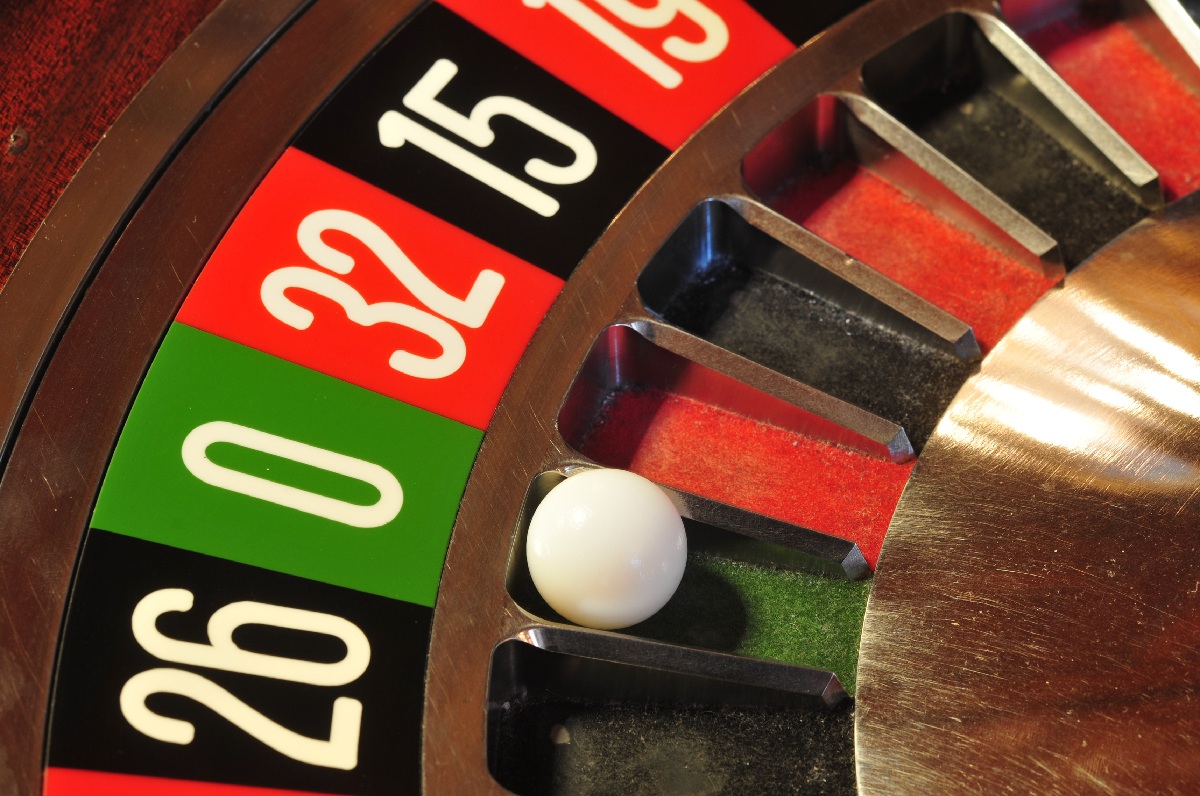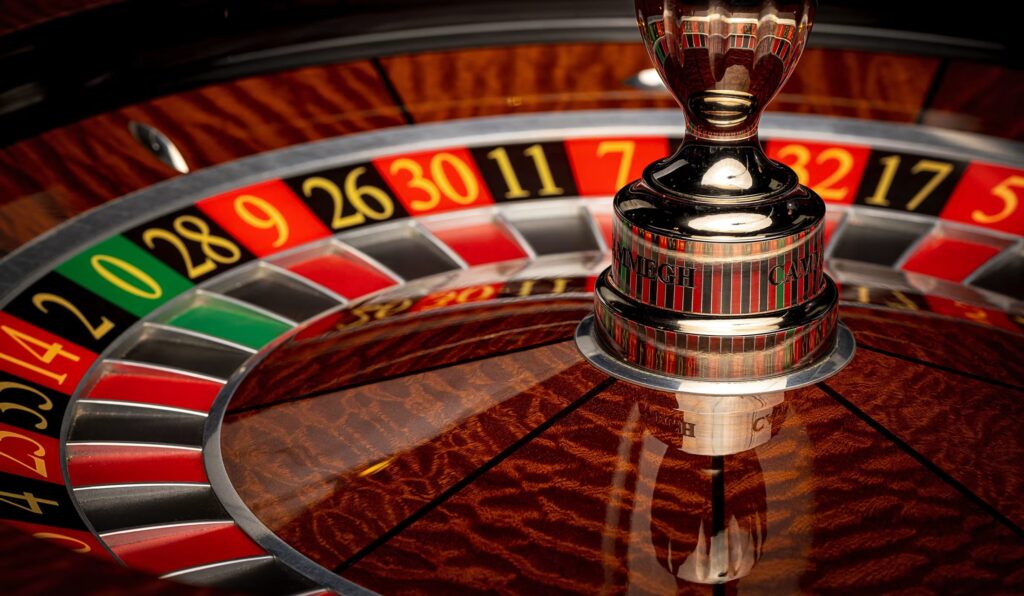The Martingale betting strategy promises an enticingly simple path to winning in casino games. The concept is straightforward enough to appeal to gamblers of all experience levels in Boston, a city that values strategy, logic, and a willingness to take calculated risks. The idea? You double your bet after each loss, so that when you eventually win, you recover all your losses and make a profit equal to your original wager.
Sounds foolproof, right? Not so fast! While the Martingale strategy seems unbeatable on paper, it falters in the face of a reality that’s far trickier. After repeated losses, the system becomes unsustainable—especially after the infamous 7th spin. Here’s why the Martingale strategy isn’t the golden ticket it seems, and why understanding its pitfalls can help Boston’s strategic minds play smarter, not harder.
How Martingale Works
The Martingale betting strategy originated in 18th-century France and is most commonly used in games like roulette or blackjack, where bets are placed on outcomes with close to 50/50 odds (e.g., red vs. black, odd vs. even). Here’s how it works step by step:
Choose an initial bet amount (e.g., $10).
If you win, great! Start over with the same base bet.
If you lose, double your bet ($20).
Continue doubling after each loss ($40, then $80, and so on).
When you eventually win, you recover all prior losses and secure a profit equal to your original bet.
The allure of this strategy lies in its simplicity and the belief that, statistically, a win is inevitable as long as you have an infinite bankroll. But the theory quickly unravels when confronted with practical constraints.

Why Martingale Fails
- Exponential Growth of Bets
The biggest flaw in the Martingale strategy is how quickly bets escalate after consecutive losses. For instance, starting with a modest $10 wager, you’d need to bet $640 by your 7th spin if you’ve lost every round up to that point. By the 10th spin, your bet grows to a staggering $5,120.
Boston’s risk-conscious gamblers know that such rapid escalation is both financially and emotionally overwhelming. Even in the city’s high-stakes casinos, few players have the bankroll to endure such extreme volatility.
- Casino Table Limits
Even if you did have endless funds, you’d still run into table betting limits. Most casinos in Boston cap maximum bets, typically ranging from $500 to $10,000. By the time you hit your 7th or 8th spin using Martingale, you’re likely to bump against this ceiling, leaving you unable to double your bet and, consequently, unable to recover your losses.
- The Myth of Guaranteed Wins
The idea that a win is inevitable conflicts with the statistical reality of probability. Even in games like roulette, “50/50 odds” aren’t truly even, thanks to the presence of the zero (and double zero on American roulette wheels). These slight variations ensure that the house always retains an edge, no matter how long you play.
The Risk-Aware Culture of Boston
Boston’s players are known for their blend of pragmatism and strategic thinking, whether at the poker table or on the roulette wheel. Residents value calculated risks, relying on logic and analytical skills to guide their decisions. While the Martingale strategy appeals to Boston’s analytical streak, its unsustainable nature clashes with the city’s cautious mindset. Most Boston gamblers understand that while big risks can pay off, they’re rarely a surefire path to success.
Smarter Strategies for Boston Gamblers
Instead of relying on Martingale, here are some more sustainable approaches for Boston players:
Flat Betting
Stick to consistent bet sizes to manage your bankroll and minimize risk.
Set Win and Loss Limits
Before sitting down to play, decide how much you’re willing to win or lose and stick to those boundaries.
Focus on Games of Skill
Shift to games like poker or blackjack, where strategy plays a bigger role than luck.
Final Thoughts
While the Martingale strategy offers an enticing illusion of control, it crumbles when faced with real-world constraints like exponential losses and table limits. For Boston players, the lesson is clear: gamble responsibly, play strategically, and know when to walk away. After all, true gamesmanship isn’t just about winning; it’s about playing smart enough to know how to lose wisely.


